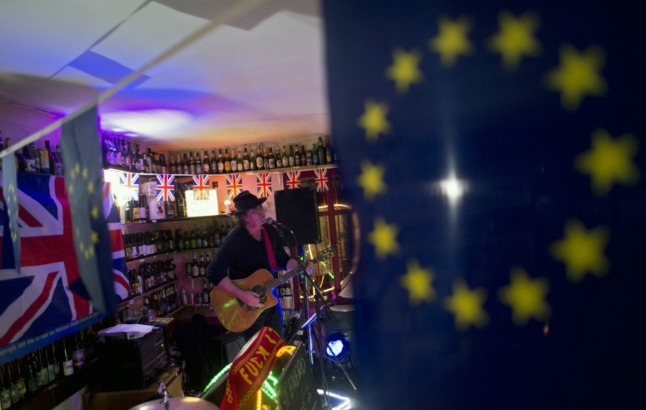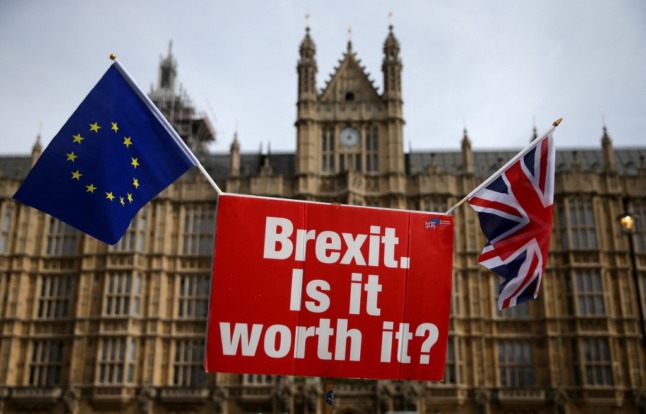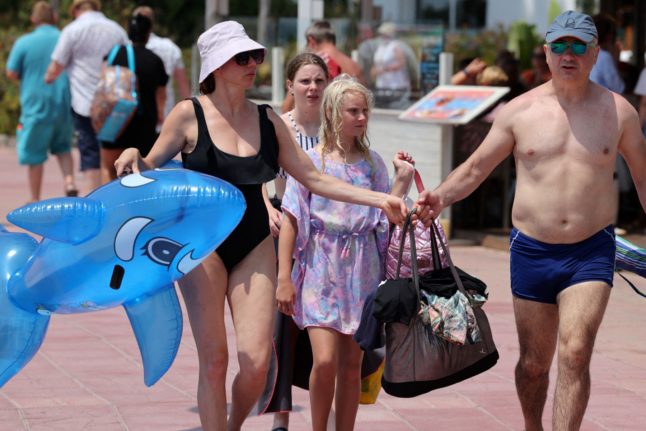Back in April, Bremain in Spain launched a membership survey to investigate which Brexit-related issues were still of concern to our members. The ‘Brexit Impact on Brits Abroad’ working group (BIBA) was established and set to work on designing a survey that would encourage members to share their views and feelings.
The aim of the project was to discover how Brexit was impacting our members lives, employment, families and health, and what were their major concerns going forward. We received over 600 individual testimonies, covering a wide range of topics, with many more members contributing.
Whilst we don’t claim that our survey results represent the views of all, or even the majority, of our members, let alone those of all UK nationals in Spain, the issues raised will be recognisable to many.
Unsurprisingly, healthcare was a topic raised by many of our members. Despite government reassurances, fears of losing the protections afforded by the Withdrawal Agreement, whether likely or not, are very real.
One member, who wished to remain anonymous said, “I am worried that I cannot afford to pay for private medical insurance and will be left without recourse to any medical help at all.” Many others spoke of the effect on their mental health, such as Nicholas Evans, who said that despite feeling prepared and having made all the right arrangements, he still “felt awful” when Brexit actually happened. He said, “it has had a significant negative impact on my mental health. I feel disempowered, abandoned and betrayed.”
READ ALSO: How Britons can access Spain’s public healthcare if they’re not pensioners or working
Applications for Spanish residency was another hot topic, especially for those that had been unable to get appointments and were keen to legalise their status. Judith Hughes said, back in April, “I applied for my residency on 23 December, and I am still waiting. It was impossible to book an appointment,” adding “it is difficult to move on so many fronts without having residency” – a point made by many who are unable to process their driving licence applications. I am delighted to be able to report that, as I write this, Judith has finally had her residency application approved. She told me, “I can’t believe it has finally happened. I had started to think it never would. The stress has affected my quality of life. Finally getting my residencia does not take away from the fact that life has been made infinitely more stressful and complicated by Brexit”.
READ ALSO:
- Residency in Spain for UK nationals: Can a lawyer fix application problems and speed up the process?
- How long are Britons waiting for their residency in Spain to be processed?

There was another unexpected turn of events reported to Bremain last week by Mike Shaw. Mike had explained of the difficulties he faced running his own business now that UK qualifications are not recognised in many fields. He said, “the Spanish authorities have advised us that we can no longer operate our UK-flagged vessels, nor crew them with our UK-certified staff. We must re-flag the yachts as Spanish vessels and crew them with Spanish-certified staff or consider registering them in another EU member state.” Mike advised us on Thursday that his campaign to resolve this issue had been successful. A Spanish Royal decree has overturned the EU decision to ban UK-flagged commercial vessels under 14 meters, and to recognise the UK qualifications of his crew – proving how important it is to bring Brexit-related issues to the attention of the authorities.
Others, however, have not been so fortunate. Michael Soffe spoke of the impact of the loss of freedom of movement rights on his business, saying “I can no longer leave Spain to do short term work in other EU countries without getting the C-type EET business working visa.”
The affect Brexit is having on families is another major cause of concern, especially amongst those married to non-Brits. Spain’s position regarding dual citizenship means the children of British and Spanish parents have difficult choices to make, e.g., either choose to be Spanish and retain their freedom of movement or choose to be British and retain access to a UK university education at “local” prices. Many Brits married to Spanish citizens worry they won’t be able to return to the UK with their partners and children. Alan Brown stated, “my wife is Spanish, and thus, if, for whatever reason, we have to return to the UK, then it could be difficult for my wife to reside permanently in the UK.” Others were concerned not just about the post-Brexit migration rules, but by the hostile environment experienced by EU citizens in the UK. As this anonymous contributor said, “if returning to the UK to live, how will my Spanish wife be treated?”
 Photo: Daniel LEAL-OLIVAS / AFP
Photo: Daniel LEAL-OLIVAS / AFP
From healthcare to residency, employment to family concerns, the issues were sadly familiar ones. What we hadn’t expected from our survey results was the level of mistrust in the UK government. A lack of confidence in government promises, and a concern over the rhetoric used by government ministers – not least from Lord David Frost, the minister responsible for implementing the Brexit agreement – was the most raised topic of all.
Lawrence Renaudon Smith said, “I still have some worries that in the future, the UK government may break its promises in the WA. I am a UK state pensioner and I no longer trust the UK government”. That was the reason, he said, why he had applied for Spanish citizenship. Colin Richardson said, “trust in the UK Government has never been lower”. Dannyandro Salisbury said simply that the government had “failed its citizens abroad”.
Many of the heartfelt, and indeed heart-breaking, testimonies were difficult reading, but we need to understand what difficulties UK nationals in Spain are still facing. As do the British government. That is why I was delighted to be invited to give evidence on 25 May to the newly formed House of Lords European Affairs Committee.
The committee is holding an inquiry on citizens’ rights and will be taking evidence relating to UK nationals in the EU, and EU citizens in the UK. The evidence I will be presenting will include the results of the BIBA survey, and many of our members testimonies. We hope the committee members will find them as revealing and moving as we did.
Of course, not all UK nationals, whether in Spain or across the EU have Brexit concerns. Whether for or against Brexit, many will be making every effort to forget all about it and get on with their lives. There is much to be said for putting the past behind us, accepting what we cannot change and looking to the future. For some, the Brexit effects will be barely noticeable. For others, minor adjustments will have to be made. But lets never forget those for whom the impact of Brexit has life-changing implications. They, more than most, need our sympathy, our support and our understanding. We hope the European Affairs Committee will see that too.
By Sue Wilson – Chair of Bremain in Spain



 Please whitelist us to continue reading.
Please whitelist us to continue reading.
Your article ” Life After Brexit” is not quite correct. You state that “A Spanish Royal decree has overturned the EU decision to ban UK-flagged commercial vessels under 14 meters, and to recognise the UK qualifications of his crew”
To the best of my knowledge, no such Royal Decree has been published to date. I would be interested to know if you have heard otherwise.
Thank you,
Hugh Epsom